Optimal Water Treatment Scheduling
Water treatments are essential for maintaining water quality and ensuring safe, clean water supplies. The optimal timing for these treatments depends on various factors including water source, usage patterns, and seasonal changes. Proper scheduling can improve treatment effectiveness and extend the lifespan of water infrastructure.
Spring is an ideal time for water treatments due to increased water flow and the need to prepare for higher usage during warmer months.
Performing treatments before peak summer usage helps prevent water quality issues caused by increased demand and potential contamination.
Fall is suitable for maintenance treatments to address buildup from summer usage and prepare water systems for colder months.
Winter treatments may be necessary in colder regions to prevent pipe freezing and address residual contaminants.
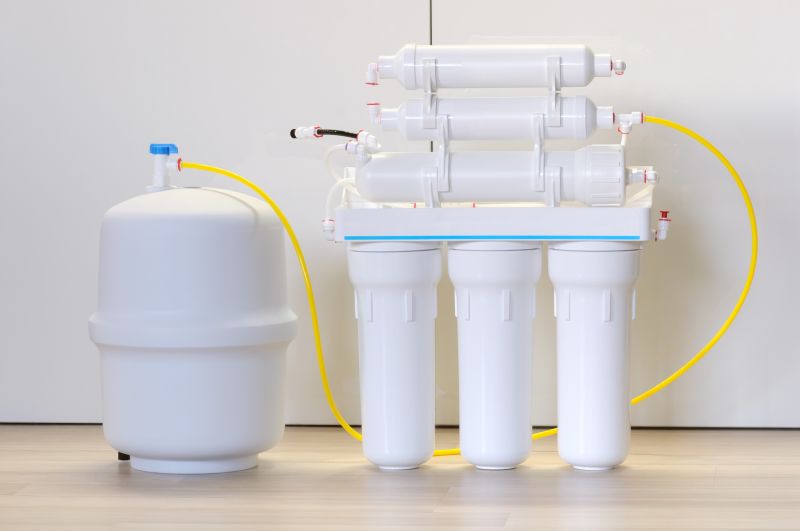
Water treatment systems in operation, showcasing filtration and purification units.
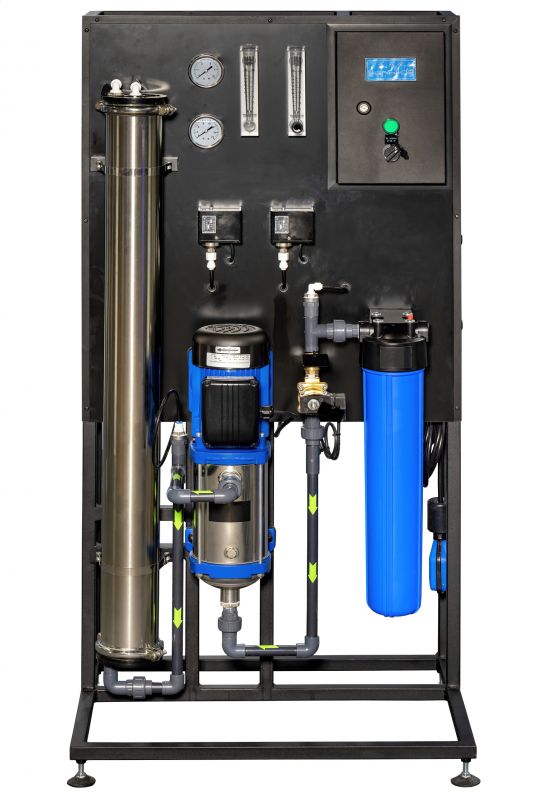
Technicians conducting water quality tests to determine treatment needs.
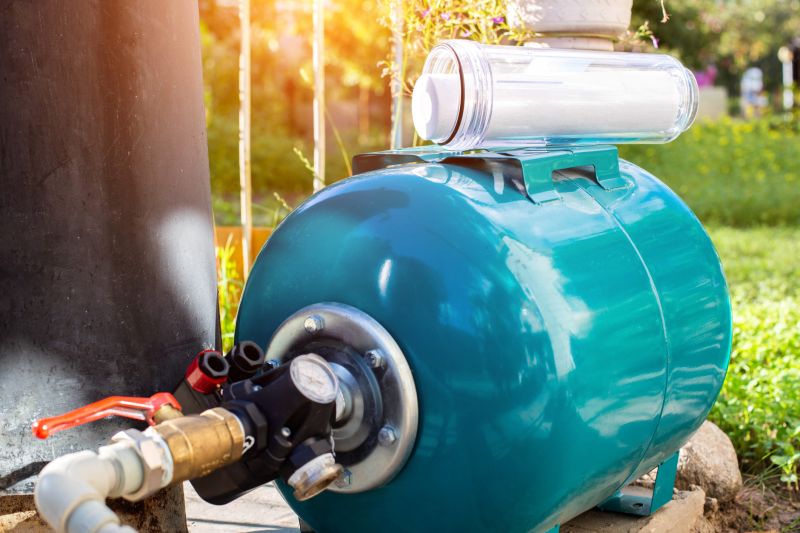
A modern water treatment plant with multiple filtration stages.
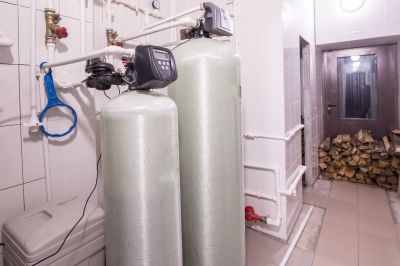
Ways to make Water Treatments work in tight or awkward layouts.
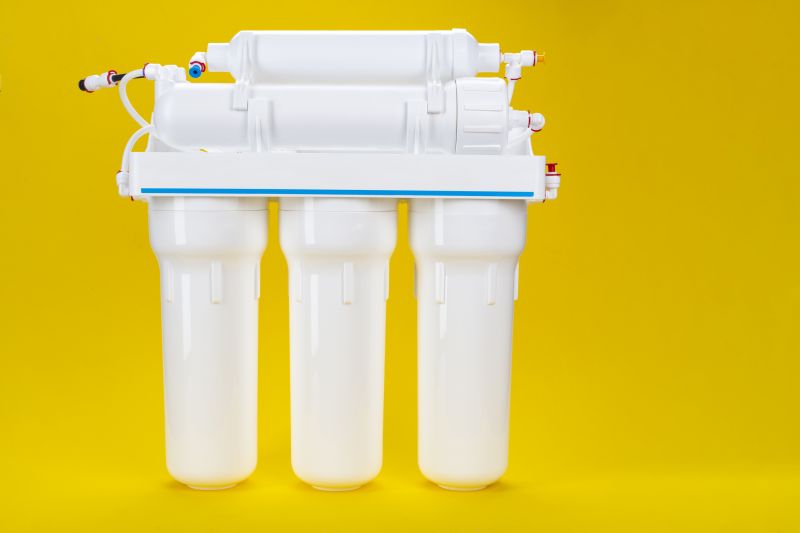
Popular materials for Water Treatments and why they hold up over time.
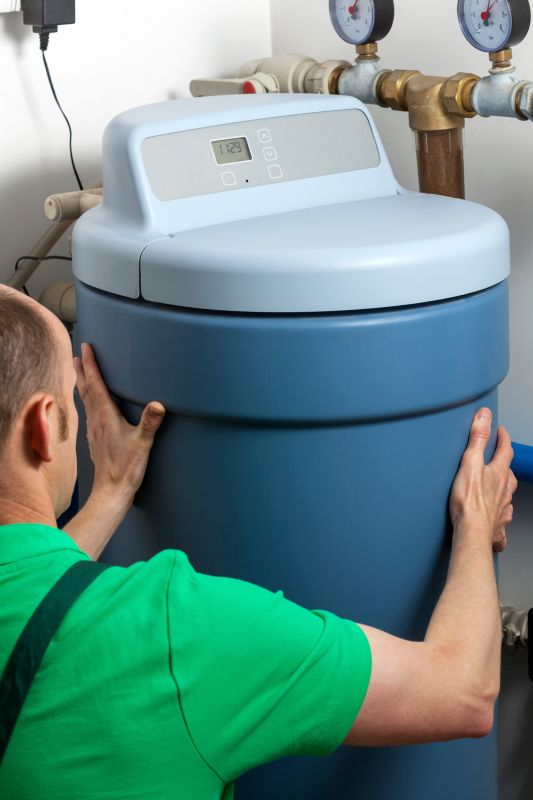
Simple add-ons that improve Water Treatments without blowing the budget.
| Season | Recommended Treatment Timing |
|---|---|
| Spring | Begin treatments early to prepare for increased usage. |
| Summer | Perform maintenance before peak demand periods. |
| Fall | Address buildup and prepare for colder weather. |
| Winter | Implement treatments to prevent freezing and residual contamination. |
| Year-round | Schedule routine treatments at regular intervals. |
Water treatments involve processes such as filtration, disinfection, and chemical adjustments to remove contaminants and improve water quality. These procedures are crucial for preventing waterborne illnesses and ensuring compliance with health standards. The timing of treatments can significantly influence their effectiveness, with seasonal adjustments often recommended based on local climate and water source conditions.
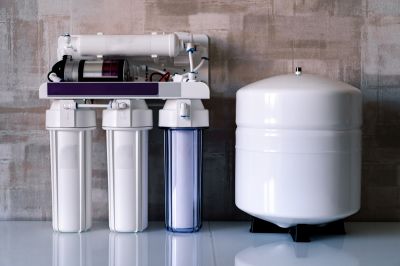
High-capacity filtration units removing particulates from water.
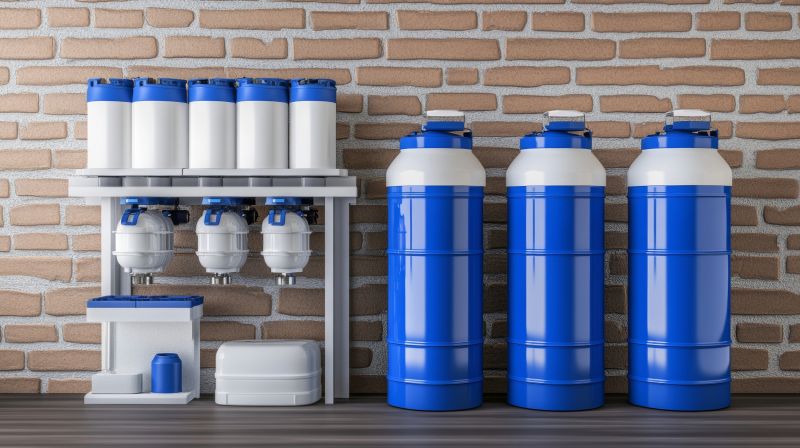
Automated systems adding treatment chemicals to water supply.
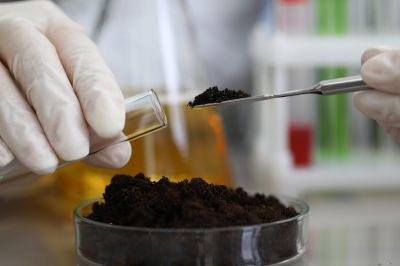
Samples being collected for laboratory analysis.
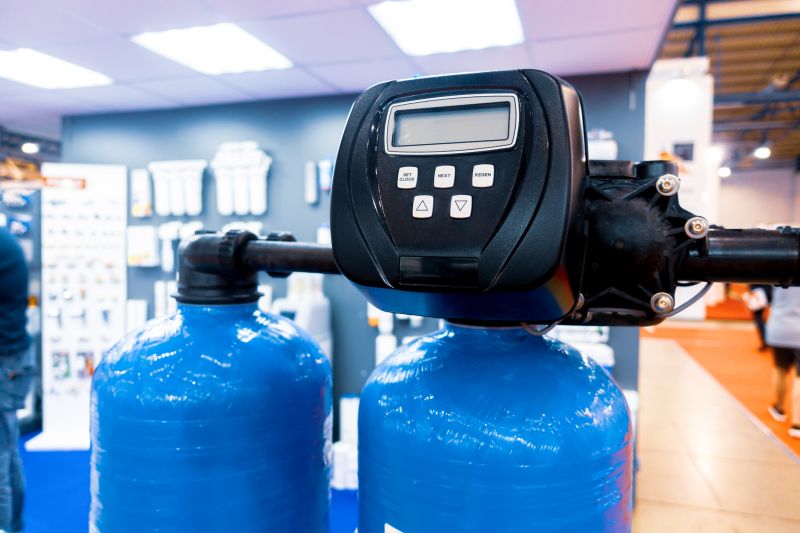
Chlorination or UV treatment in action within a water plant.
Properly timed water treatments help maintain consistent water quality, reduce system downtime, and prevent costly repairs. Regular assessments and adjustments based on seasonal and usage patterns ensure the water system remains effective and compliant with health standards.
Interested in scheduling water treatments? Filling out the contact form can provide more information and help plan the most effective treatment schedule tailored to specific needs.

